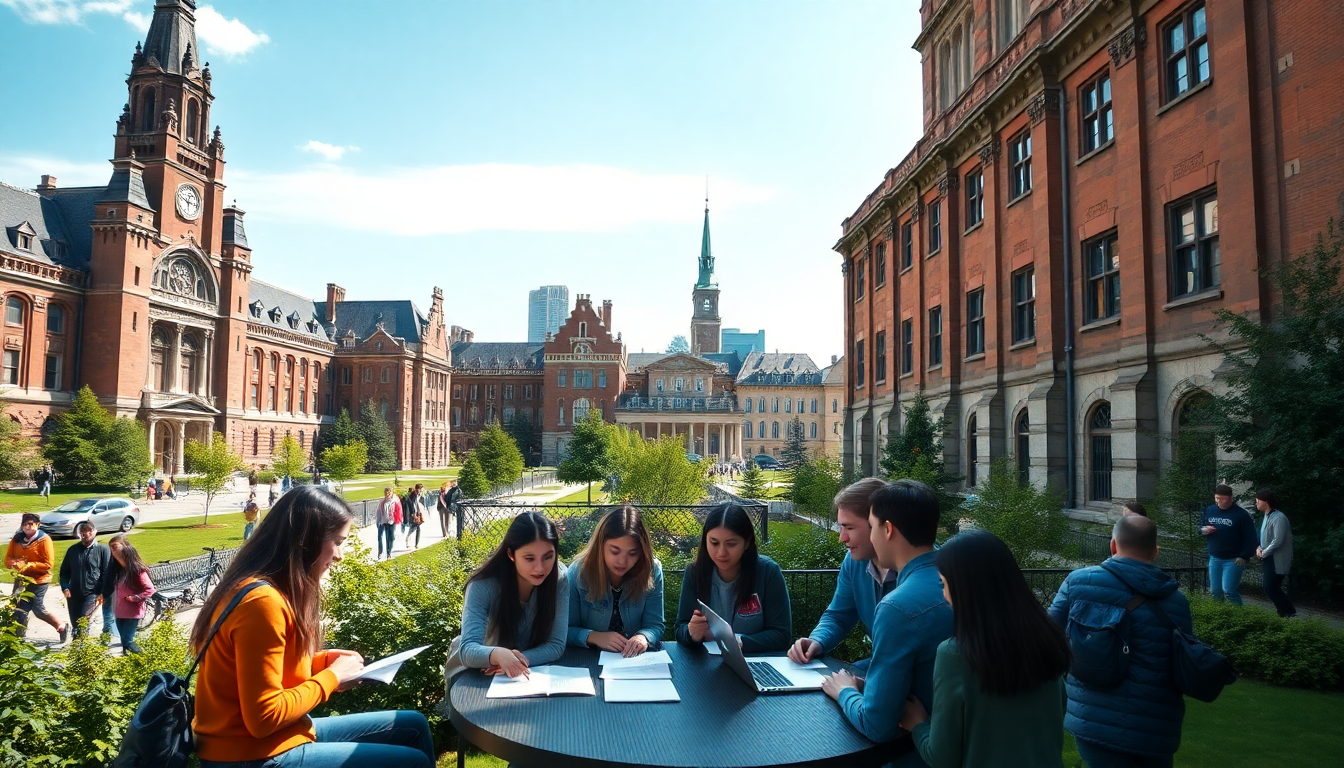Table of Contents
With international student visa uncertainties still looming, the University of Toronto and Harvard University have taken a significant step forward by forming a contingency agreement. This partnership is all about ensuring that some students can keep their academic journeys on track without any hiccups. It’s a timely response to the legal battles challenging the U.S. government’s efforts to limit foreign student admissions, particularly affecting schools like Harvard. So, what does this mean for students facing entry restrictions? Let’s dive in.
Understanding the Partnership
The collaboration, specifically between the Munk School of Global Affairs and Public Policy at the University of Toronto and Harvard Kennedy School, is geared towards international students who are gearing up for a new academic year. If these students can’t complete their degrees in Cambridge, Massachusetts, they’ll have the chance to enroll in a mix of online and in-person courses from both institutions. Janice Stein, the founding dean of the Munk School, is passionate about maintaining academic integrity and community for those navigating these challenging visa issues.
This arrangement allows students to graduate with a master’s degree from Harvard Kennedy School while being enrolled as full-time, non-degree special students at the Munk School. It’s a unique collaboration that not only keeps students on track but also enriches their educational experience with diverse resources and co-curricular activities available at both campuses. Isn’t it great to see institutions working together for student success?
What This Means for Students
This partnership is a game-changer for Harvard Kennedy School students, allowing them to maintain their academic pace despite geographical challenges. The Munk School provides a supportive environment where students can fully engage in their studies without sacrificing the quality of their education. Plus, Harvard students will tap into a wealth of personal development opportunities and networking within the vibrant academic community of the University of Toronto. Sounds like a win-win, right?
Financially, tuition and associated fees will go to Harvard, which will then manage costs related to the Munk School’s role in this initiative. This financial structure underscores a commitment to making sure students can access the resources they need to thrive, no matter where they are in the world.
Looking Ahead: New Opportunities
As the situation continues to evolve, Harvard is also rolling out the “HKS Global” program for both new and returning students. This initiative will blend online coursework with several in-person gatherings in various international locations throughout the academic year. These sessions are crafted to be intensive and credit-bearing, fostering collaboration among students and faculty from different backgrounds. Isn’t it exciting to think about the global connections students can make?
Students are encouraged to share their interest in these programs through a survey, which will help the university communicate directly about enrollment and participation details. In an era where international education is constantly adapting to new challenges, these initiatives are designed to protect the academic dreams of students navigating these unprecedented times. What do you think about these changes? Are they the future of education?


